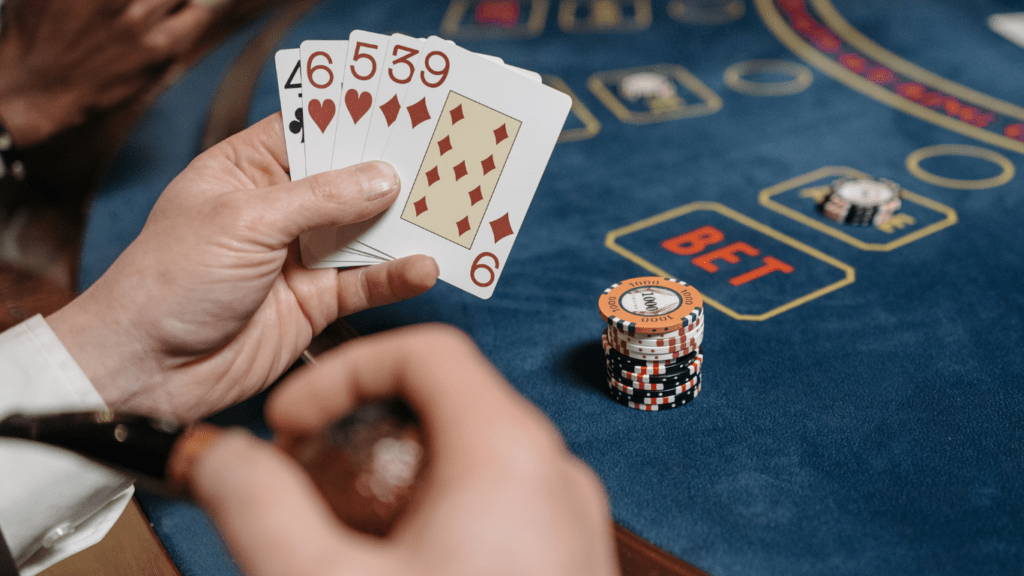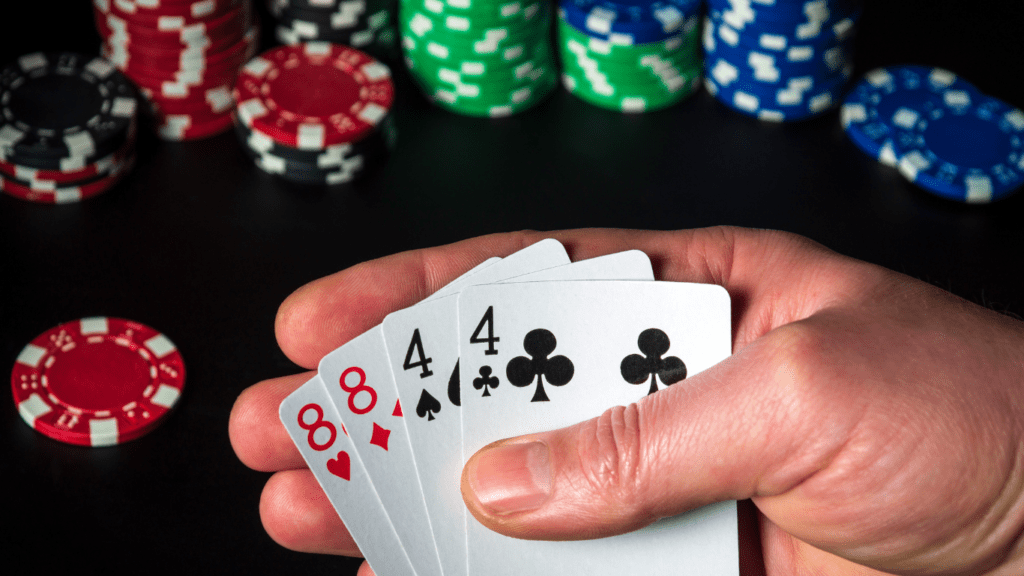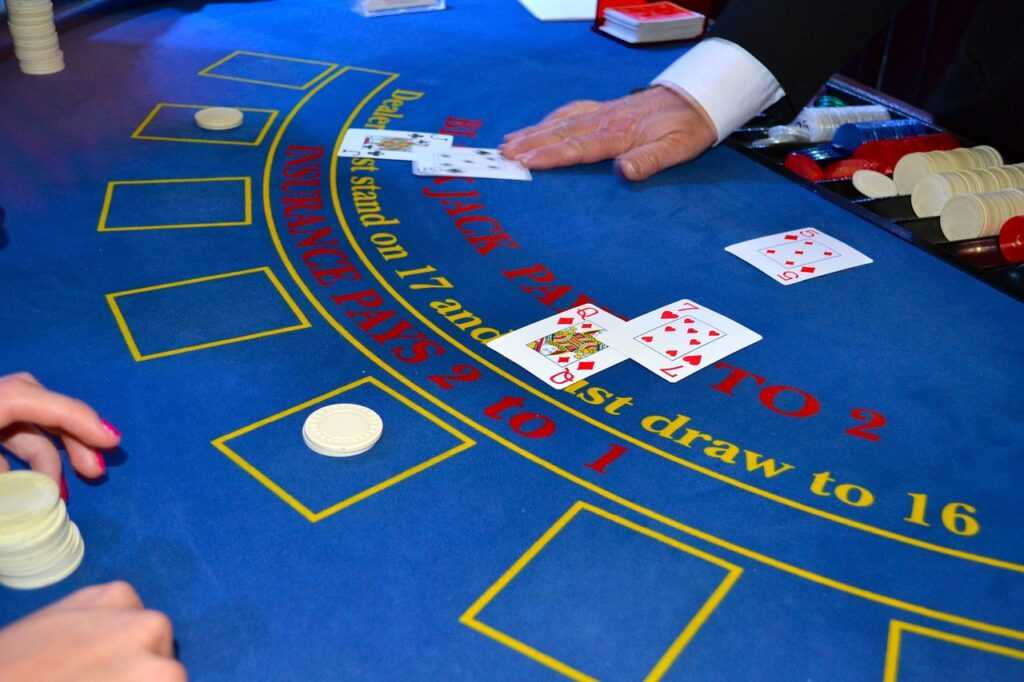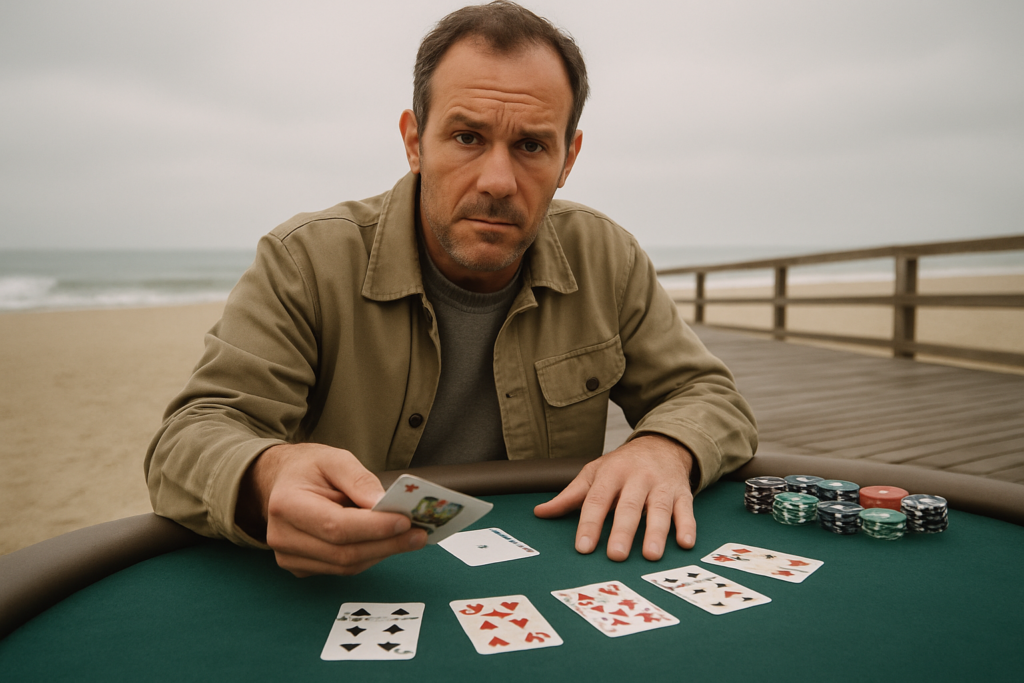Understanding the Journey from Novice to Pro
Card game mastery unfolds in distinct stages. I noticed players start with grasping rules and basic strategies. During this phase, beginners often focus on memorization. They observe pattern recognition and frequently refer back to rulebooks.
Skill advancement occurs with more experience. Interacting with seasoned players sharpens critical thinking. I found practice sessions particularly insightful. They often highlight adaptive strategy learning based on different opponents’ tactics.
Engagement in competitions accelerates the journey. It introduces high-pressure scenarios vital for mental resilience. I recommend analyzing past games to identify strengths and address weaknesses, offering a deeper understanding of personal play style.
Building a diverse network aids progression to expert levels. Collaboration with a community of card game enthusiasts fosters an environment of constant feedback and learning. These interactions refine strategic approaches, leading to significant skill upgrades.
Understanding the journey requires recognizing it as a continuous process. My experience emphasizes that achieving card game mastery aligns closely with dedication and the willingness to embrace the learning curve actively.
Key Skills for Card Game Success
Card games require a complex blend of skills for truly big wins. Mastering these key skills elevates a player’s game and contributes significantly to their growth.
Strategic Thinking
Strategic thinking involves evaluating options and predicting opponents’ moves. Mastering this skill includes:
- assessing probabilities
- understanding card interactions
which enhances decision-making. Experienced players often anticipate opponents’ tactics, ensuring they stay a step ahead. I study strategies from previous matches to refine my approach, adjusting tactics based on changing game dynamics.
Emotional Control
Emotional control is essential in card games. Maintaining composure during unfavorable hands or unexpected plays helps prevent costly mistakes. When I manage my emotions effectively, I make rational decisions without the influence of frustration or excitement. Practicing mindfulness techniques during games supports emotional regulation, helping maintain clarity and focus under pressure.
Patience and Endurance
Patience and endurance are integral to handling lengthy and varied card games. These traits help manage both slow-building strategies and rapid decision-making scenarios. In my experience, practicing patience during drawn-out matches pays off, allowing for calculated strategies rather than impulsive moves. Building endurance prepares me for marathon sessions, ensuring decisions remain consistently sharp throughout.
Essential Tips for Beginners
To evolve from a novice to a pro in card games, it’s important to follow key strategies that lay a strong foundation. Here are some essential tips to guide you on your journey.
Focus on Fundamentals
I believe grasping the fundamentals is the cornerstone of any card game journey. Learn the basic rules and structure of the game thoroughly. Familiarize yourself with common terms and key strategies. Understanding the game mechanics strengthens your ability to make informed decisions. I recommend keeping reference materials handy, like rule books or strategy guides, to reinforce understanding.
Practice Consistently
Consistent practice builds confidence and refines skills. Allocate regular time slots for practice, even if they’re short. Engage in casual games or simulation exercises to apply what you’ve learned. I find that analyzing each game afterward, noting areas of success and opportunities for improvement, accelerates growth. Remember, the more you play, the sharper your instinct and strategy become.
Advanced Techniques for Pro Players

Mastering card games involves more than just understanding rules and memorizing strategies. Key advanced techniques can significantly elevate your gameplay and lead to big wins.
Bluffing Strategies
Bluffing stands as a critical skill for pro players. Crafting an effective bluff involves deep psychological insight. Understanding opponents’ perceptions and reactions adds layers to strategic planning. A well-timed bluff can unsettle even the most seasoned player, creating opportunities for advantage. For example, in poker, a bluff involving a strong hand can lead others to fold, gaining you the pot without revealing your cards. Regularly assessing opponents’ tendencies enhances bluffing effectiveness.
Reading Opponents
- Interpreting subtle tells and patterns in opponents’ behavior provides a competitive edge.
- Observing body language, betting rhythms, and break times reveals insights into their strategies.
- Identifying these signals helps anticipate moves and counter-strategies.
- Noticing excessive hesitation might indicate uncertainty or weakness, prompting a different approach.
- Over time, developing this skill sharpens intuition, allowing you to read situations accurately and adjust tactics on the fly.
Common Pitfalls to Avoid
Navigating the path from novice to pro includes steering clear of common pitfalls. Overconfidence can derail progress; assuming mastery too soon limits growth potential. Players often neglect the importance of practice, thinking strategy alone will lead to wins—this assumption falters without consistent application. Another pitfall lies in focusing excessively on a single strategy. While a go-to tactic is helpful, adapting to various situations is crucial for success.
Misinterpreting opponents’ moves frequently trips up players. Reading tells demands keen observation, not assumption. Assuming opponents always bluff based on a single previous situation can backfire. Emotional reactions also pose significant risks. Frustration or overexcitement often skews decision-making, leading to rash moves or overlooked plays. Keeping emotions in check enhances focus and accuracy.
Rushing decisions is another common mistake. Quick moves might seem advantageous but often overlook potential counteractions. When under pressure, I find it’s better to pause and assess the scenario thoroughly. Many players ignore reflecting on past games. Without analyzing previous strategies and outcomes, repeated errors likely diminish progress. By learning from past experiences, players can identify patterns, adjust strategies, and move toward pro status effectively.
The Role of Online Platforms in Skill Development
Online platforms have revolutionized the way players develop card game skills. Access to diverse games, global opponents, and real-time challenges accelerates learning for beginners and veterans alike. Interactive tutorials offer immediate feedback, helping players refine strategies and understand complex concepts quickly.
Competitive matchmaking pits players against those of similar skill levels, fostering incremental growth without overwhelming novices. Ranking systems provide clear goals, encouraging continuous improvement. As an example, platforms like PokerStars and Hearthstone blend accessibility with gradual complexity, supporting skill advancement through structured environments.
Forums and communities further enhance skill development by connecting players with shared interests. Engaging in discussions reveals new strategies and insights, expanding one’s tactical repertoire. Streamed matches and expert analyses offer a unique perspective, allowing players to observe high-level play and incorporate best practices into their own games.
Live tournaments on these platforms simulate competitive card game scenarios, offering invaluable experience in high-pressure settings. The opportunity to analyze one’s performance in a digital format offers rich insights without the limitations of offline play. Online platforms stand as a pivotal resource for those aiming to evolve from novice to pro.



 Community Engagement Manager
Raymundo Stricklandics serves as the Community Engagement Manager for Dice Gamblers Deal, where he is dedicated to creating meaningful connections with the platform’s audience. His role focuses on fostering an active, engaged community of players by interacting with readers, answering their questions, and ensuring their experience with the site is both enjoyable and informative. Raymundo is deeply passionate about building relationships with fellow gambling enthusiasts, whether through social media, email communications, or direct interaction on the site’s forums. He works tirelessly to ensure that the platform not only provides valuable information but also offers a supportive space where players can share their experiences, tips, and success stories. Raymundo also plays a key role in customer support, addressing user inquiries and providing personalized advice to help players navigate the world of table games and betting strategies.
Community Engagement Manager
Raymundo Stricklandics serves as the Community Engagement Manager for Dice Gamblers Deal, where he is dedicated to creating meaningful connections with the platform’s audience. His role focuses on fostering an active, engaged community of players by interacting with readers, answering their questions, and ensuring their experience with the site is both enjoyable and informative. Raymundo is deeply passionate about building relationships with fellow gambling enthusiasts, whether through social media, email communications, or direct interaction on the site’s forums. He works tirelessly to ensure that the platform not only provides valuable information but also offers a supportive space where players can share their experiences, tips, and success stories. Raymundo also plays a key role in customer support, addressing user inquiries and providing personalized advice to help players navigate the world of table games and betting strategies.
